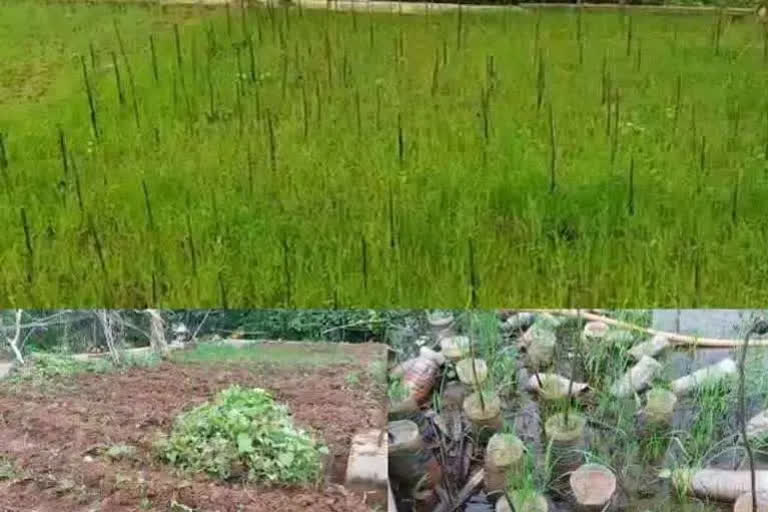New Delhi: The government is committed to supplying fertilisers at affordable prices to farmers with required subsidies despite rising international market rates due to the Russia-Ukraine conflict, huge procurements by China and other global factors, which may push the annual fertiliser subsidy to up to Rs 2 lakh crore in the current financial year, sources said. Amid concerns in some quarters and questions being raised by the opposition parties in Parliament, a top government source on Monday said that farmers' interests are paramount for the Modi government and that is already evident from huge subsidies being given on various crop nutrients and it will not shy away even if the bill goes up.
"For the kharif season starting May, we have already made sufficient advance arrangements, including for 30 lakh metric tonnes of DAP (Di-Ammonium Phosphate) and 70 lakh metric tonnes of urea. We are fully prepared for the kharif requirements and will make further procurements as per the needs," the source added. Government officials pointed out that urea price in the domestic market remains Rs 266 per 50 kg-bag today while the international market price has risen to Rs 4,000 per bag, resulting into a subsidy of about Rs 3,700 per bag.
The NPK (complex fertilisers) price has been the same at Rs 1,470 per bag for nearly one year while the DAP price in the domestic market remains Rs 1,350 per bag as against international price rising to Rs 4,200 per bag. The NPK price has not changed ever since we increased it to Rs 1,470 per bag one year ago when it was hiked from about Rs 1,300, the officials added. They also pointed out that the prices in India are much lower than in many other countries, including those in the neighbourhood such as Pakistan and China, as also in comparison to countries like the US, Indonesia and Brazil.
"The concerns being raised about any increase in fertiliser prices is uncalled for," the source cited above said. "We have not increased the fertiliser prices despite rise in the international price due to global factors such as those directly and indirectly liked to Russia-Ukraine war and sanctions on Iran. We are trying to keep the domestic prices unchanged in the interest of our farmers," the source added. Besides, China has been making large scale procurements to beef up its own domestic capacity though it used to export earlier, the source said.
Estimating that the rising international prices could lead to the overall fertiliser subsidy burden to rise to up to Rs 2,00,000 crore in the current fiscal year, 2022-23, the source said it would be a big jump from an estimated Rs 1.25 lakh crore in the just-concluded fiscal 2021-22. Generally, the fertiliser subsidy remains about Rs 80,000-85,000 crore in a year, but it has been higher in the recent past.
